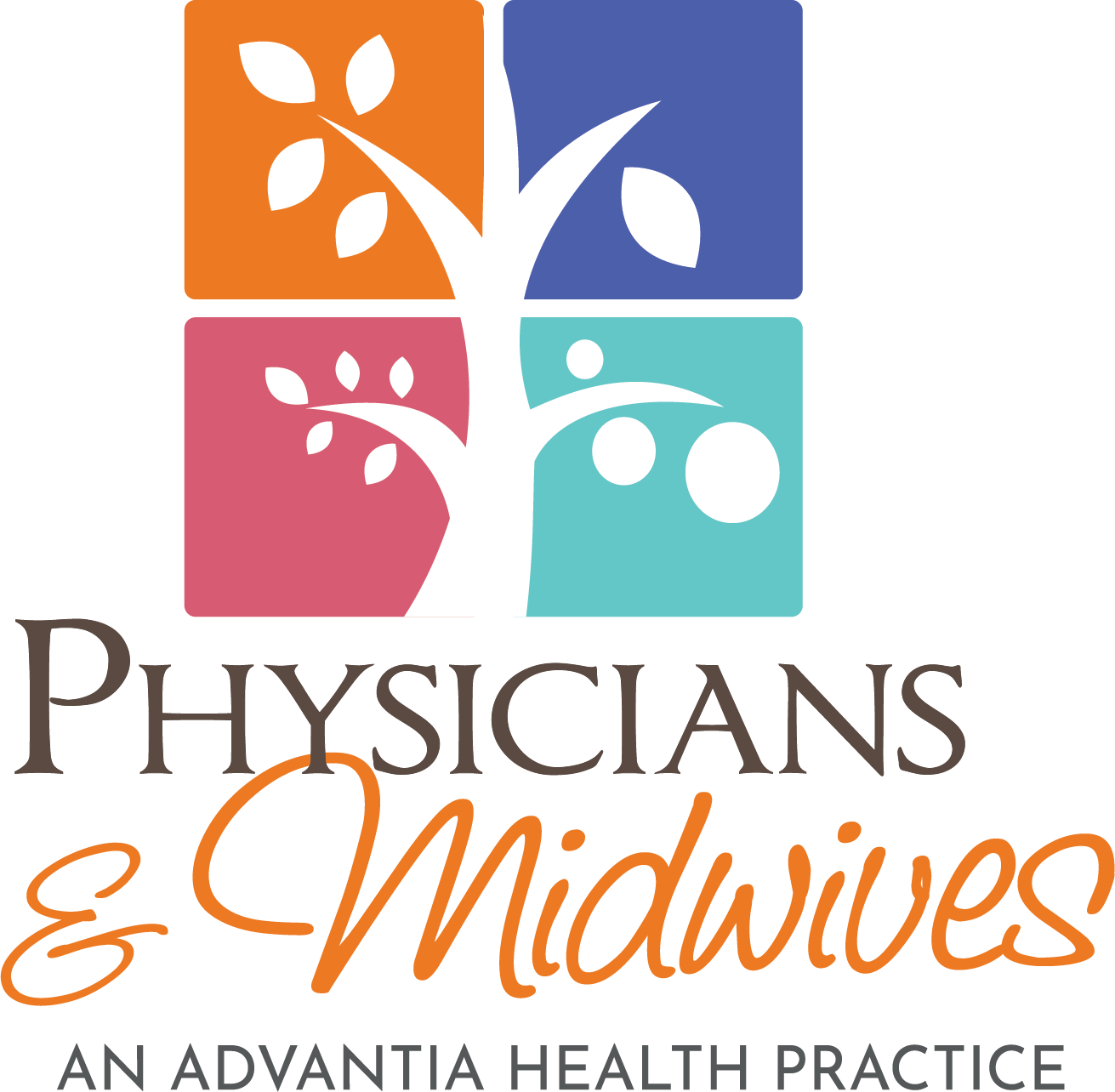
Published on: 25 October, 2012
Read Time: 4 min
Along with the excitement of early pregnancy comes a fair amount of anxiety in many women. One of the things women dread most is a telltale spot of blood, indicating that all might not be well. Around 25% of women experience some vaginal bleeding in the first 12 weeks of pregnancy. The good news is that half of these women go on to have a normal pregnancy and deliver a healthy baby. However, vaginal bleeding can indicate more serious problems, so it’s important to understand the different causes of first trimester bleeding and what to do if it happens to you.
Causes of first trimester bleeding
Implantation bleeding
A small amount of bleeding or spotting very early in pregnancy can be related to the normal process of the embryo implanting in the uterine wall. This typically occurs around the expected date of your menstrual period; because of this, some women may mistake implantation bleeding for a light period, and may not realize they are pregnant.
Subchorionic hematoma
A subchorionic hematoma is a collection of blood that forms between the developing pregnancy and the wall of the uterus. Sometimes this blood leaks out through the cervix, resulting in vaginal bleeding. Many women with subchorionic hematomas go on to have normal pregnancies. However, large subchorionic hematomas, particularly late in the first trimester, are associated with a higher risk for miscarriage.
Miscarriage
The medical term for miscarriage is spontaneous abortion, which means a pregnancy loss that occurs on its own, without any outside intervention. Miscarriage is more common than many women realize, with up to 50% of fertilized eggs failing to implant in the uterus and develop. These very early pregnancy losses usually occur before a woman realizes that she is pregnant. The miscarriage rate among women who do know that they are pregnant is around 15%.
Miscarriage may result in vaginal bleeding accompanied by cramps or the passing of tissue. It is important to realize that most miscarriages are the result of abnormalities in the embryo or fetus that would prevent it developing into a healthy baby. Miscarriage is unlikely to be the result of anything you did (for example, lifting something heavy), and once a miscarriage starts, there is nothing you or your doctor or midwife can do to stop it from happening. However, it is important to seek medical help to make sure that no tissue remains in the uterus, because this can cause a serious infection.
Ectopic pregnancy
An ectopic pregnancy is a pregnancy that occurs outside of the uterus. These usually involve the fallopian tubes, small tubes that carry the egg from the ovaries to the uterus. Scarring in the fallopian tubes from prior infection or surgery can block the passage of the fertilized egg, causing the embryo to implant in the wall of the tube rather than the uterus. Because the tube is very small and lacks the blood supply of the uterus, the pregnancy cannot survive. Furthermore, the growing early pregnancy can rupture the tube, leading to heavy internal bleeding in the mother, which can be life-threatening.
What should I do if I’m having bleeding early in my pregnancy?
If you have spotting or light bleeding that goes away in less than a day, with no associated pain, you can either call your doctor or midwife or report it at your next prenatal visit. Any bleeding lasting longer than a day warrants a call to the office. If you have heavy bleeding, pass tissue with the blood, or have pain and cramping associated with bleeding, you should see your doctor or midwife as soon as possible. After a physical exam, you may have an ultrasound, a painless imaging test that uses sound waves to create pictures of the internal structures of the body. This may help to determine the cause of the bleeding, and evaluate for the presence of an ectopic pregnancy, which can be a medical emergency.
Bleeding in the first 12 weeks of pregnancy is very common. You still have a good chance of having a healthy pregnancy, but taking with your midwife or doctor is important to exclude any serious problems.
Physicians and Midwives, an Advantia Health Practice
Physicians and Midwives is a unique collaborative practice you won’t find anywhere else. We have 5 offices for your convenience all across Northern Virginia, including Alexandria, North Arlington, Mt. Vernon, Kingstowne, and Woodbridge. If you would like to be listened to, as well as cared for, then look no further.





